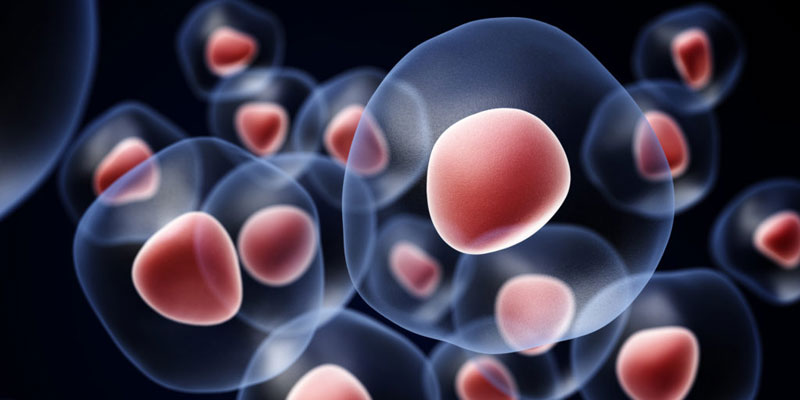
Regenerative medicine seeks to replace tissue or organs that have been damaged by disease, trauma, or congenital issues, vs. the current clinical strategy that focuses primarily on treating the symptoms. The tools used to realize these outcomes are tissue engineering, cellular therapies, and medical devices and artificial organs.
Combinations of these approaches can amplify our natural healing process in the places it is needed most, or take over the function of a permanently damaged organ. Regenerative medicine is a relatively new field that brings together experts in biology, chemistry, computer science, engineering, genetics, medicine, robotics, and other fields to find solutions to some of the most challenging medical problems faced by humankind.
When injured or invaded by disease, our bodies have the innate response to heal and defend. What if it was possible to harness the power of the body to heal and then accelerate it in a clinically relevant way? What if we could help the body heal better?
The promising field of Regenerative Medicine is working to restore structure and function of damaged tissues and organs. It is also working to create solutions for organs that become permanently damaged. The goal of this approach is to find a way to cure previously untreatable injuries and diseases.















